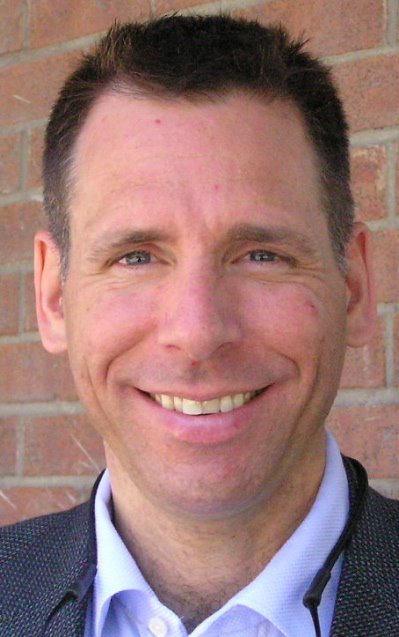The European emission trading scheme: market volatility teaches some early, hard lessons
There is a lot of flak and confusion surrounding the recent drama over the EU’s emission trading scheme (ETS). The price of carbon permits crashed last week when some market participants suddenly revealed they had more permits than expected. (For the scheme to be effective, permits must be scarce and therefore expensive enough to encourage emitters to invest in reduction technologies or processes.) The price then spiked when
Meanwhile, a Scottish consultancy says that the ETS actually enabled
All of this points to problems in the way permits are allocated and reported. I have already mentioned the European Commission’s possible over-generosity in approving some countries’ emission forecasts (the so-called National Allocation Plans, or NAPs). Some feel permits should be allocated by auction rather than handed out for free, as they were in Phase 1 of the ETS. Others want an investigation into the late reporting of the excess permits.
This will produce a new round of political and bureaucratic wrangling, but these issues will be resolved. The fundamental problem is the yawning gulf between the (too-low) carbon price in the ETS-covered sectors and the carbon tax that will be required to reduce emissions in the non ETS-covered sectors. Many people feel existing taxes on gasoline are already too high. Over-generosity with the NAPs keeps the gulf wide. Look for the EC to tighten the allocation rules.


0 Comments:
Post a Comment
<< Home